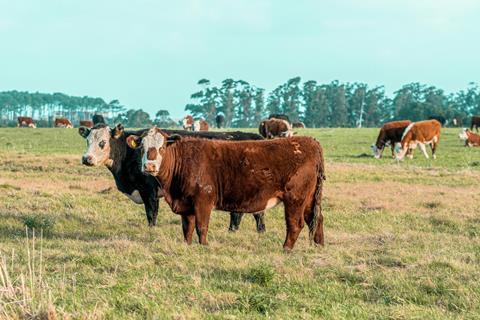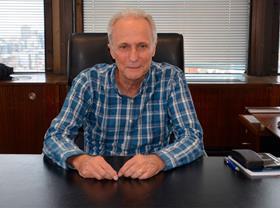The global meat industry gathered in Brazil for the World Meat Congress where delegates discussed issues including sustainable production, trade, animal health and welfare, and consumption.

The event was jointly organised by the International Meat Secretariat (IMS) and the Institute of Meat of Mato Grosso (IMAC), the organisation that leads the development of the beef sector in the state from its sustainability and quality aspects to market development.
The choice of Brazil, one of the powerhouses of meat production, for the 2025 World Meat Congress was inspired, and the selection of Cuiabá, the capital of Mato Grosso, the state with the largest agricultural production, was compelling. Mato Grosso boasts the largest herd of cattle in Brazil with 34.3 million head of livestock that thrive on the lush pastures of the Cerrado. If Mato Grosso was a country, it would rank as the 8th largest beef producer in the world.
Seven key themes shape industry discussions
More than 600 high-level delegates including producers, representatives of trade organisations, officials and academics from 22 countries filled the large auditorium of the Leila Malouf complex over two days on 28th and 29th October. The programme included 23 speakers. The UK was well represented with more than 20 delegates and speakers. Moreover, the timetable allowed networking between participants, keen to exchange on the many aspects of the international meat business.

Mauro Mendes, Governor of Mato Grosso, Dr Juan José Grigera Naón, IMS president, and Caio Penido, president of IMAC opened the proceedings.
The conference was organised along seven key themes: geopolitics and trade, current challenges, sustainable production, contribution of meat to human health, consumption and communication, animal health and welfare, competition and meat alternatives.
On 30th October, the participants visited the Marfrig abattoir in Cuiabá city and the Aba fazenda in the Cuiabá River vale. Both visits provided a revealing perspective on the technical level achieved by the Brazilian beef sector and on its effort to ensure the sustainability and quality of its production.
The lively debates, the quality of the audience and speakers, and the famed Brazilian hospitality contributed to the success off the event.















